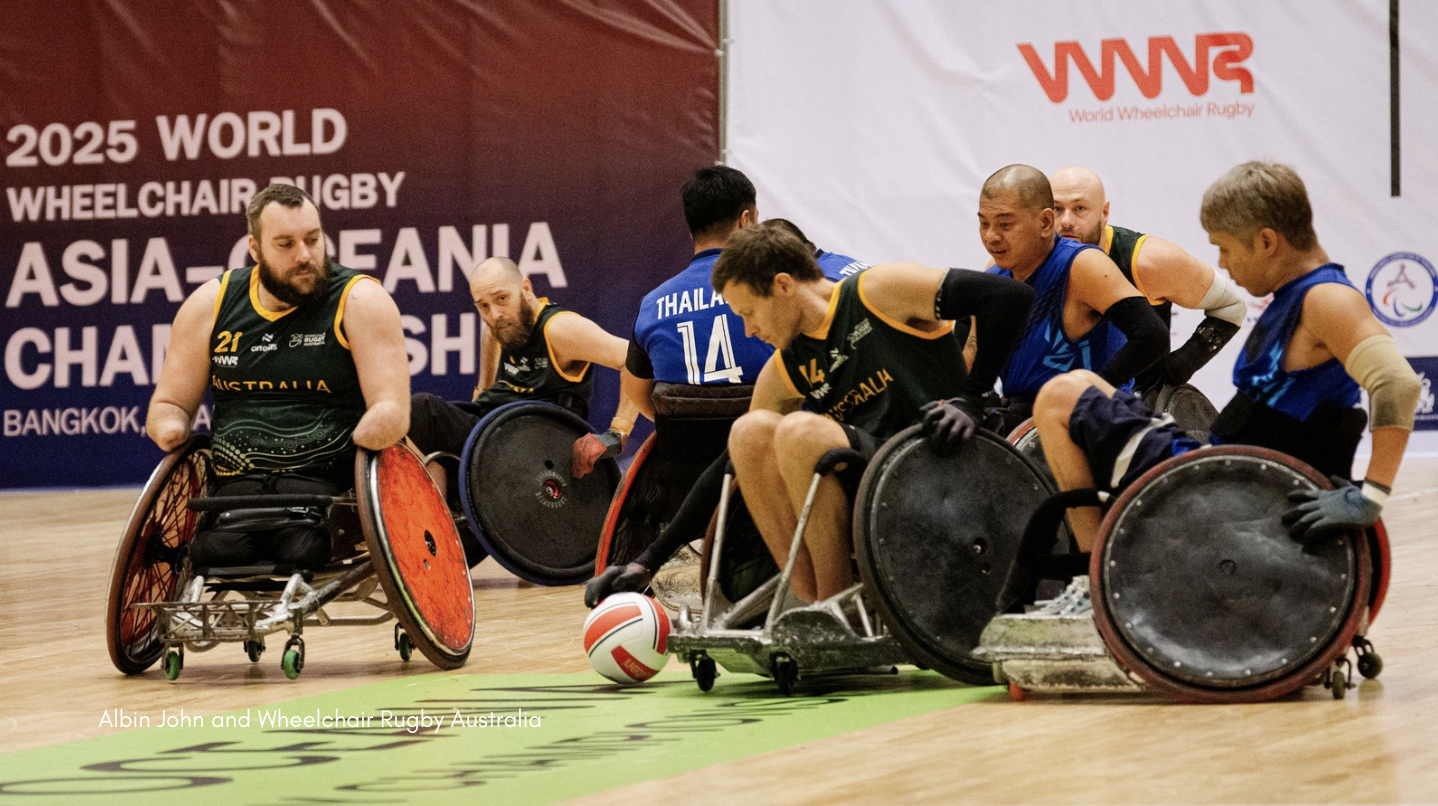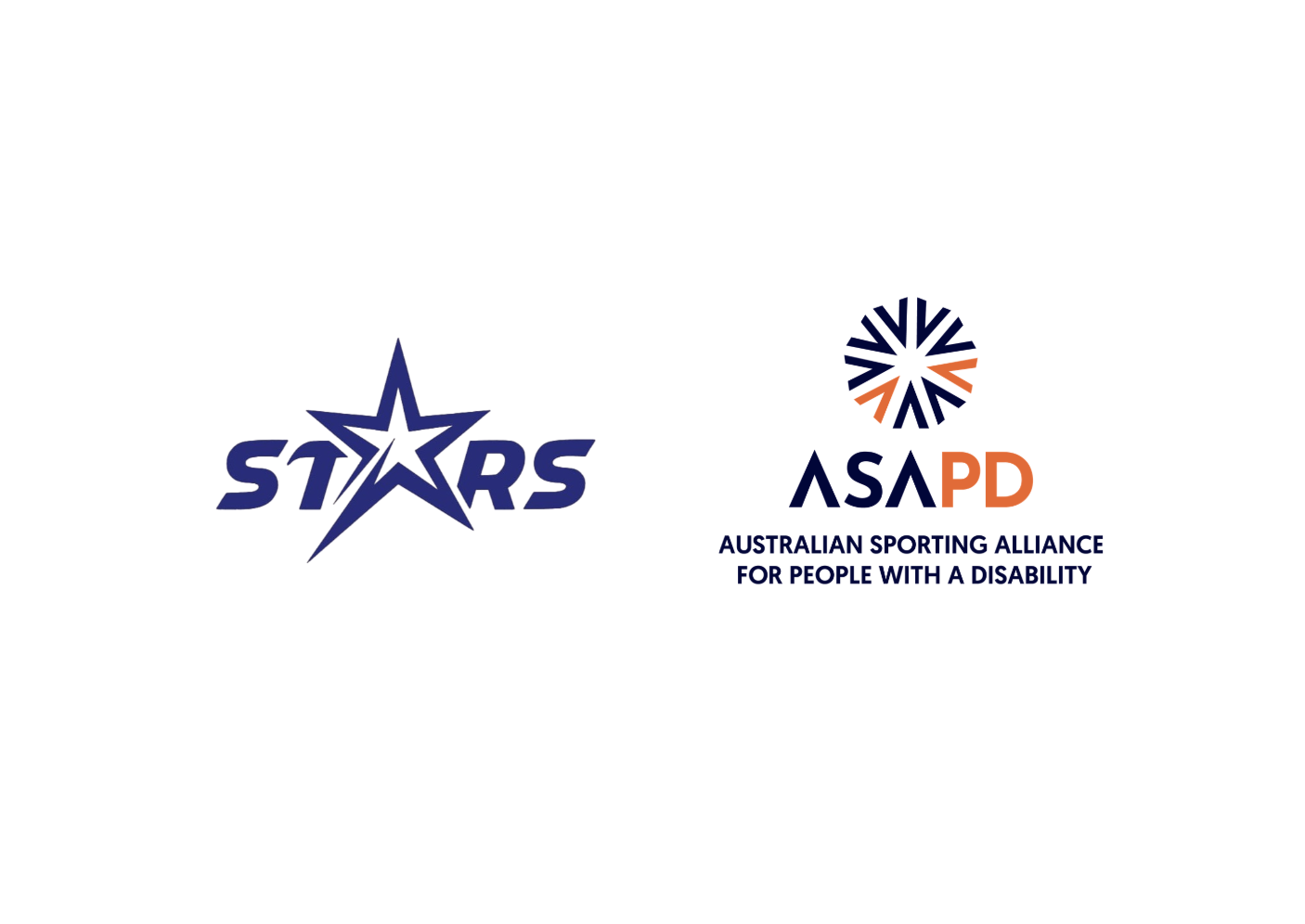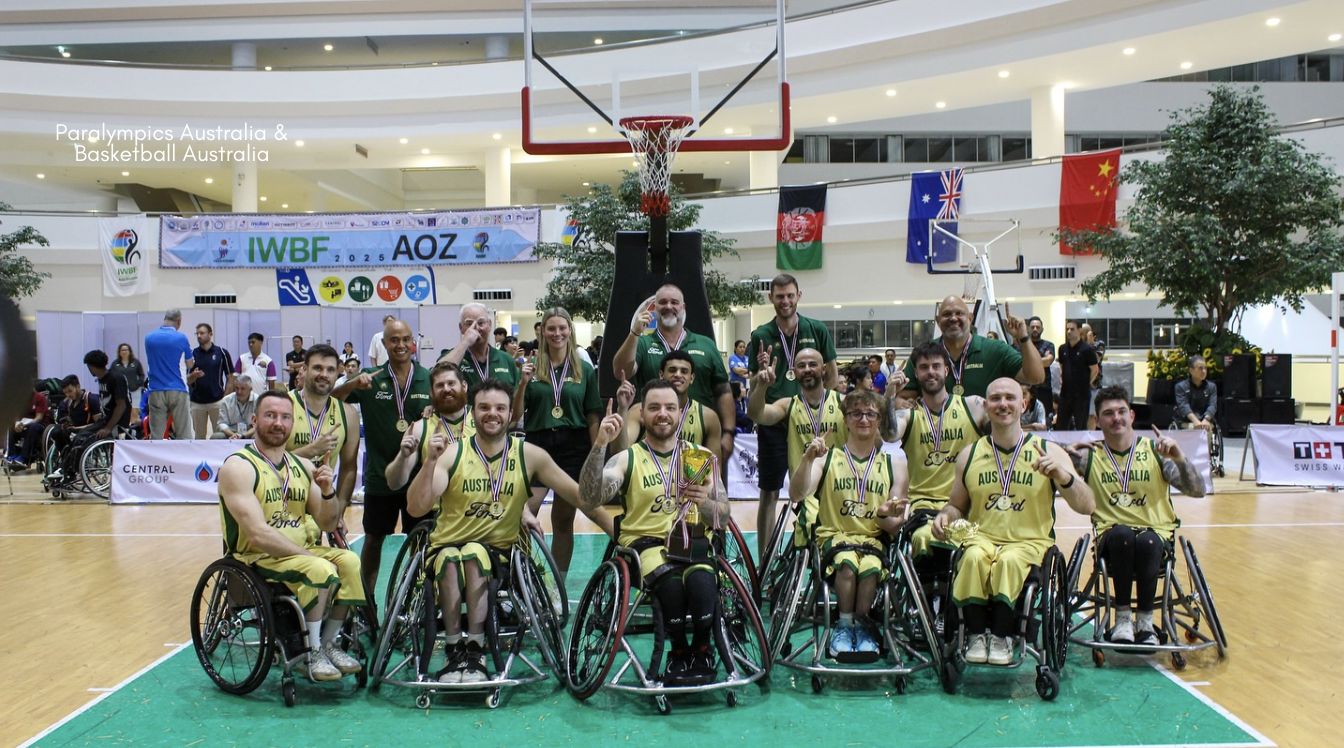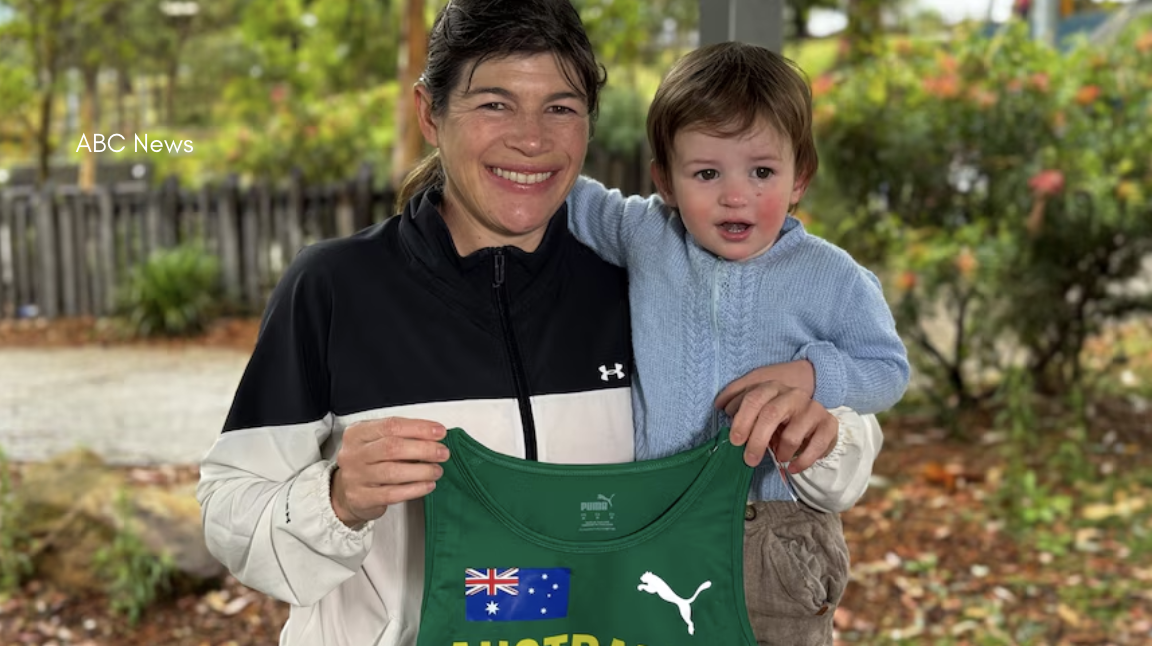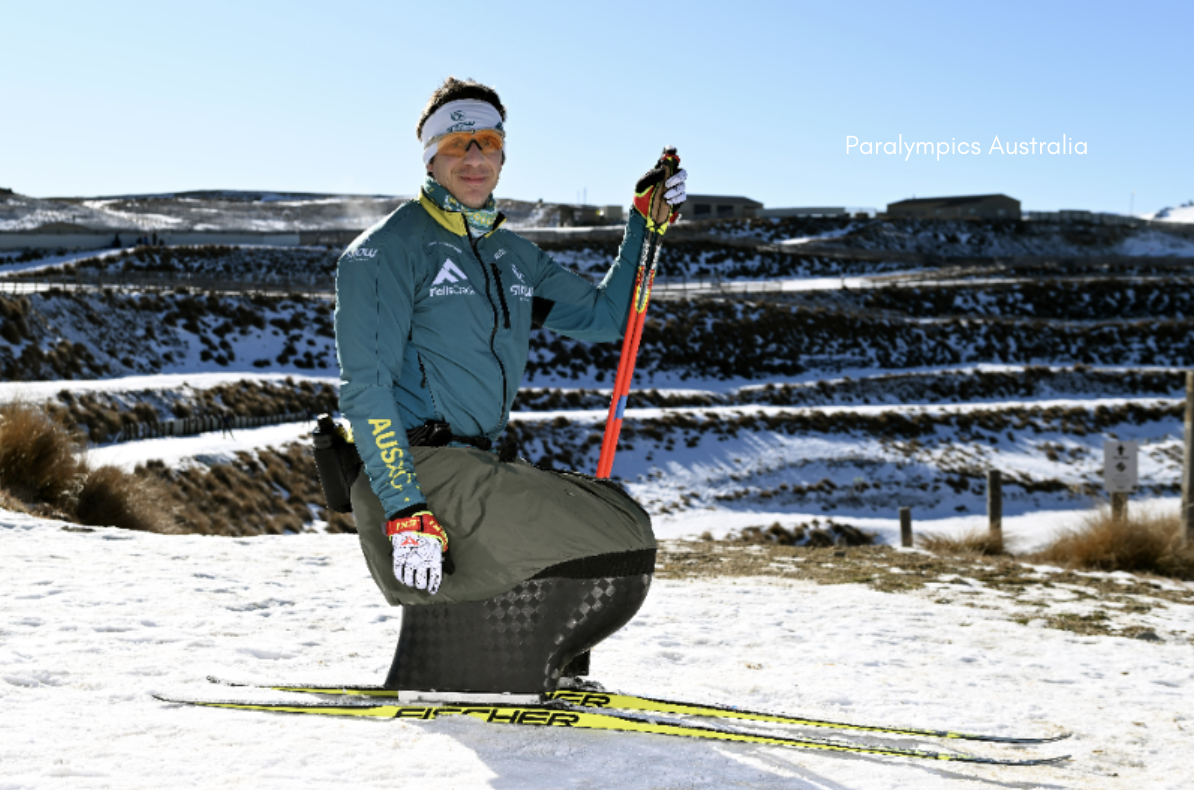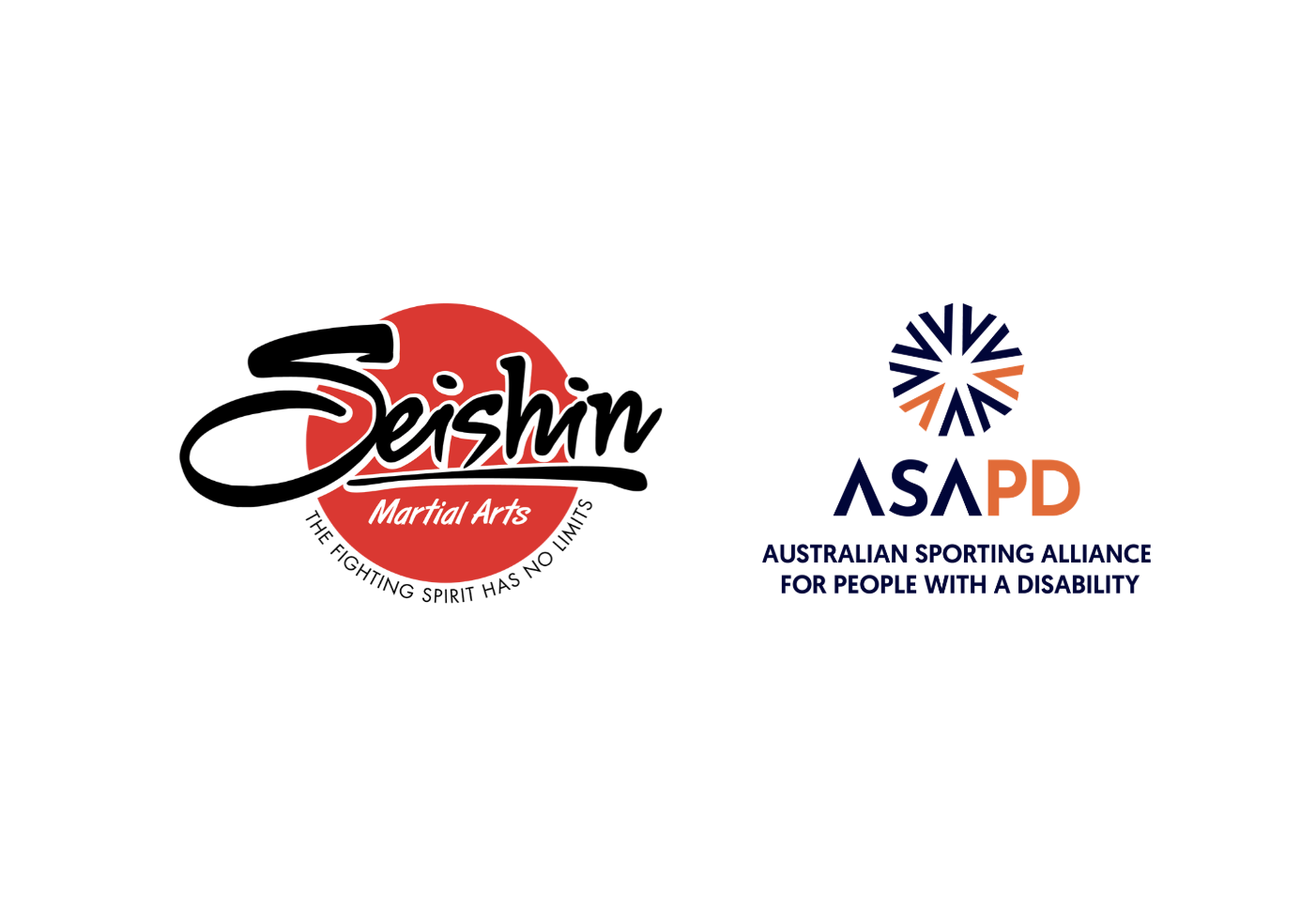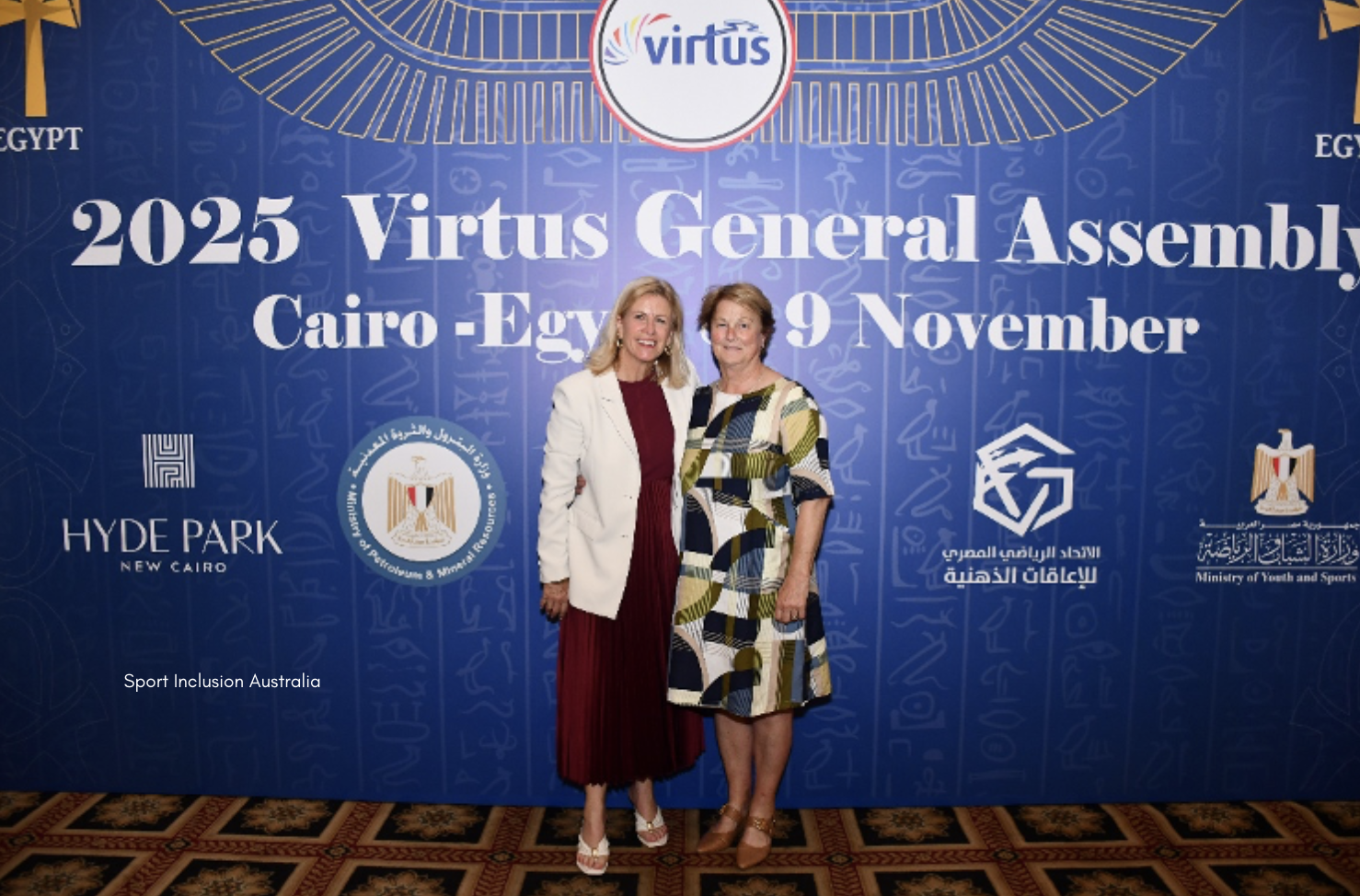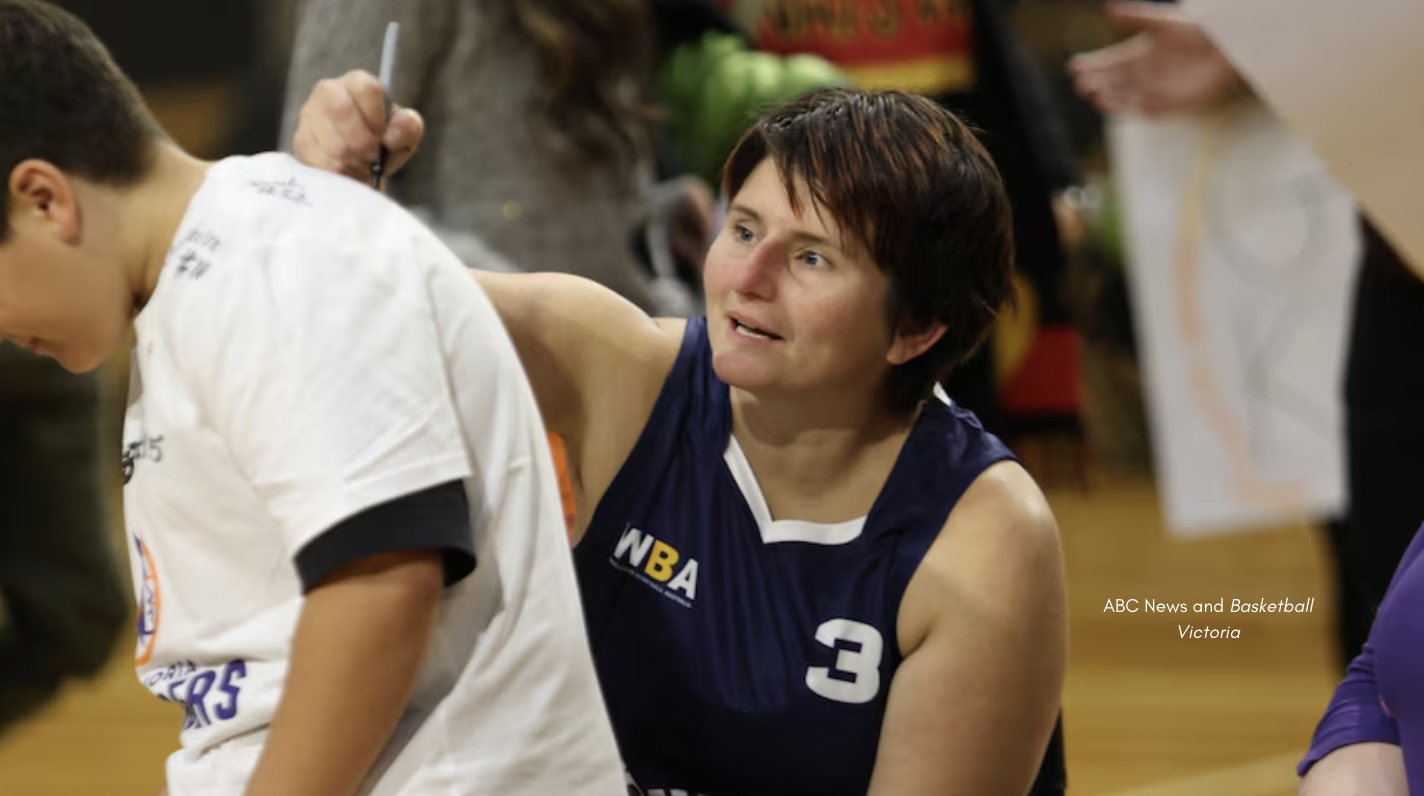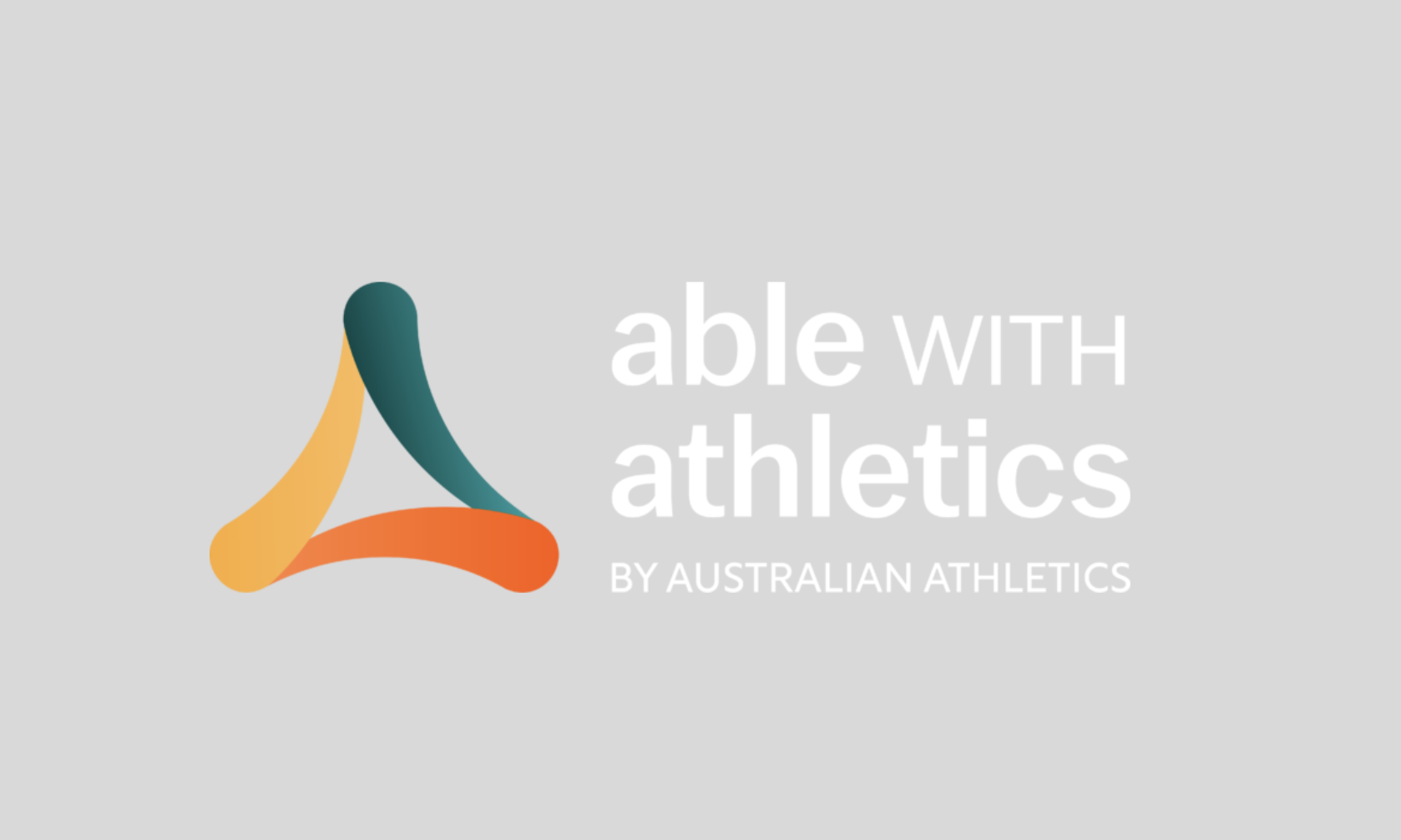Seishin Martial Arts is Tasmania’s first martial arts club providing adaptive judo classes and specialising in coaching players with disability. “We are passionate about judo being accessible to all minds, bodies and abilities,” the club explains. Now Australia’s largest adaptive judo club, Seishin offers one-on-one coaching, small adaptive classes and larger all-abilities sessions. “We tailor coaching and skills to each individual’s needs and use judo as the vehicle to support a sense of belonging, confidence, social skills, motor skills and emotional regulation skills.”
Founded by Carla, a social worker, and Lewis, a disability support worker, Seishin Martial Arts was born from their shared passion for inclusion. “Our passion across these areas saw us identify a real gap for people with disability within the sport we love so much,” the founders said. “Since the establishment of the club, the coaches and team have successfully advocated for the inclusion of adaptive judo players within competition divisions, inclusion within the state team and the awareness of adaptive players and adaptive coaching within judo clubs.”
The results have been powerful: “The club now proudly coaches around 75 players with approximately 80 per cent of members living with disability, neurodivergence or additional needs. Players’ achievements consist of everything from participating in their first group or sporting activity, to representing Australia in adaptive judo competitions.”
“The club takes a ‘person before athlete’ approach, focusing on each individual’s strengths, needs and learning style. Their coaching style is grounded in research and trauma-informed practice. “We do this through engaging in activities that increase mind/body connection, teaching through games, challenges, novelty, play and work to develop an ongoing sense of achievement for the player.” Adaptations might include social stories, visuals, demonstrations, or creative use of equipment like crash mats, boxes, and balls. “Essentially adaptive judo is coaching in a way that moves away from a traditional way of coaching… to ensure successful and safe execution of the technique and/or meaningful participation.”
“When we started the club in 2020 we never anticipated the impacts it would have on individuals, families and the community,” they said. “Simply put, the improvement in motor skills, social skills and connections, emotional skills is beyond anything we could have imagined.”
They’ve seen remarkable transformations: “Players who were so anxious, they were barely able to leave the house, now confidently socialising with friends… teenagers who struggled to hold their own balance standing and initially could only train on their knees, now competing standing.” Families, too, have found belonging. “Parents have shared with us that their child was turned away or not included from other sports, and they can’t believe that it was judo where they found that sense of belonging.”
“The fighting spirit in judo refers to the determination and resolve to overcome challenges,” Seishin explains. “Every single day our players and their families face the constant hurdles and barriers that life throws at them… Every individual’s journey and growth is different and our commitment as a club and coaches is to not only support, but champion that journey and ensure everyone knows that their own fighting spirit has no limits.”
“The key for us is relationships and building connections with people,” they said. “You will always be a person first to us, and if you have a disability and you want to learn judo, no problem, let’s discuss and make it happen.” Conversations around disability are encouraged, helping individuals and families feel safe and seen.
Representation matters at Seishin. “If you can see it, you can be it. We lead by example and advocate for increased inclusion and inclusive practice and coaching within the sport.” The club’s values—Community, Respect, Diversity and Courage—guide every interaction on and off the mat.
Their message is clear: “Opening your eyes, minds and club doors to adaptive coaching is going to teach you more than you could ever teach someone else… Be open to being told you are wrong, to being told there’s a better way, to educating yourself more, to getting out of your comfort zone, to making mistakes and to coaching in a way that you never thought you would before… you will thank yourself for it.”
Lean more and get involved HERE!

